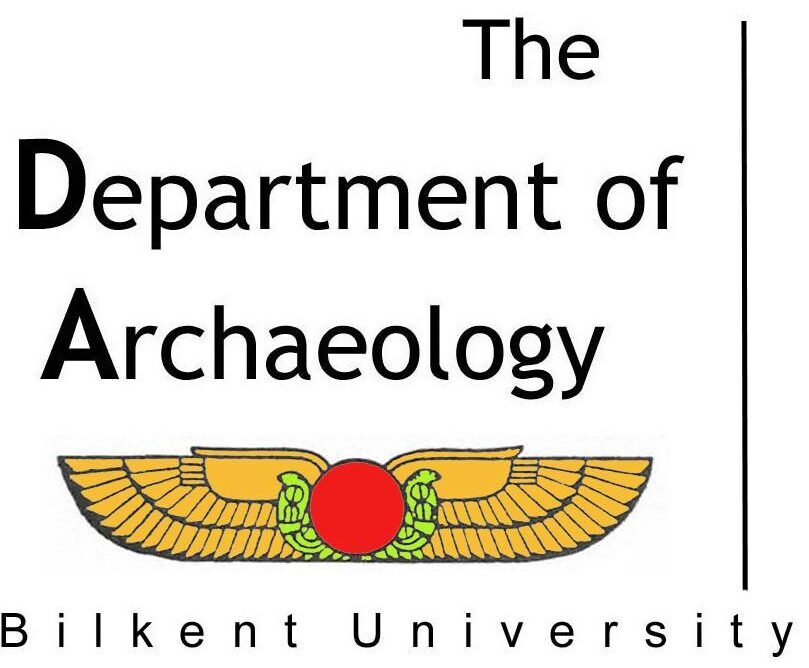Chair, Ancient History section
Department of History, Faculty of Letters – Akdeniz University
I am the chair of Ancient History, one of the branches of the Department of History, in the Faculty of Letters at Akdeniz University. Since 2012, I have been heading the team that conducts interdisciplinary research in the ancient city of Phaselis and its territory. In addition, I carry out the work of publishing four different scholarly journals, for which I serve as editor-in-chief.
Throughout my academic life, I have worked with other people from different fields related to my profession, but I have not had a job that is completely out of my profession.
It was interested in reading about ancient science and culture since my childhood, and researching old civilizations seemed to delight me. I preferred Bilkent’s Department of Archaeology to develop myself in this area. Getting to know the experiences of the people who existed before modern history, making excavations in ancient settlements, exploring archaeological remains, understanding finds, and trying to get results were the most important elements in my choosing this department.
At Bilkent University’s Department of Archaeology, I had the chance to take courses from teachers who gave excellent instruction at an international level. The education traced the stages of evolution and progress which humanity has experienced from the Paleolithic age until the present day, in a chronological perspective, especially within the stages of civilization and cultures which took root in various regions and climates of the Mediterranean basin and Mesopotamia (Egypt, Sumer, the Hittite state, Mycenae, Phrygia, Persia, Greece, and Rome until the end of the Eastern Roman Empire). My professors, to whom I paid great attention in their courses, had a strong effect in my gaining the ability to look from different perspectives at the science of archaeology, a field which is not too ancient. Besides, I had the opportunity to apply in practice the courses which I learned in theory, thanks to the national-international excavations and surface analyses in which I participated when I was doing my undergraduate studies. These experiences gave me a chance to learn how archaeology is practically done, and to see both challenging and enjoyable aspects of the work.
Bilkent University’s Department of Archaeology educates students with an interdisciplinary approach. Art history, architecture, sculpture, ceramology, mythology-philosophy, conservation, geomorphology, architectural drawing and topography, dead languages (Ancient Latin and Greek), and anthropology are all being taught to students in the perspective of area and settlement archeology. Thus, students who underwent this extensive education process learned how to advance in their professional studies, coordinating with sciences because of this extensive knowledge. At the same time, following the interest of our instructors and their approaches toward us, we could interact with them closely and, thanks to this, we could get instructive results that they shared about archaeologists’ fieldwork evaluations, predictions directed to the future of the profession, and the experiences which they have been through. As a result of the education which I received at Bilkent University, I learned how to think about why things happen, to perceive, to interpret, to synthesize and to analyze.
All the dimensions of history and humanities are in the area of the expertise of archaeology. Archaeology is a science which requires the ability of analytical thinking trying to reach information by bringing so many data close together. There are challenges of the profession beside its attractions. Students who want to choose this profession should be interested in almost every field of history, enjoy research and reading, and be able to do research both sitting at the table and under field conditions. Doing your job with pleasure beginning from the first day shows that you made the right decision, and success can only be obtained in this way. When archaeology is being carried out with pleasure, the challenges of the profession do not bother the person, and that person can work with pleasure even under bewildering circumstances. After having completed your undergraduate studies at Bilkent University, you can continue with a Master’s program in one of the many sub-fields of archaeology, from humanities to sciences. You will have acquired a broad experience as a reader as well as intellectual accomplishment.
